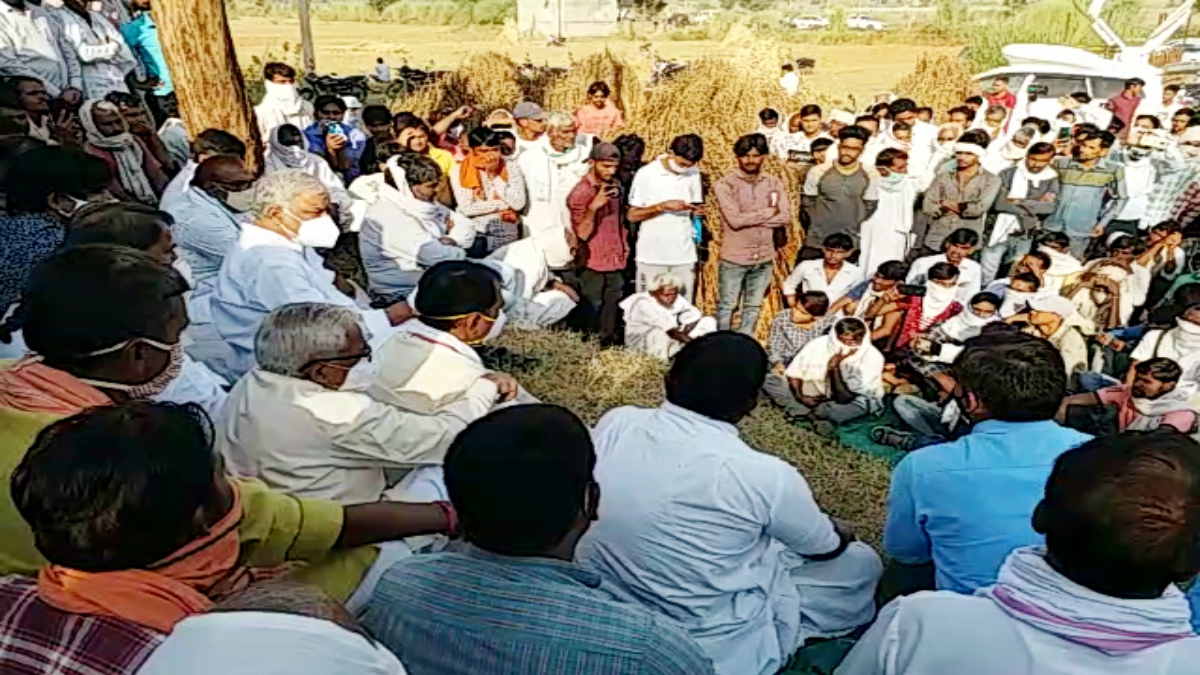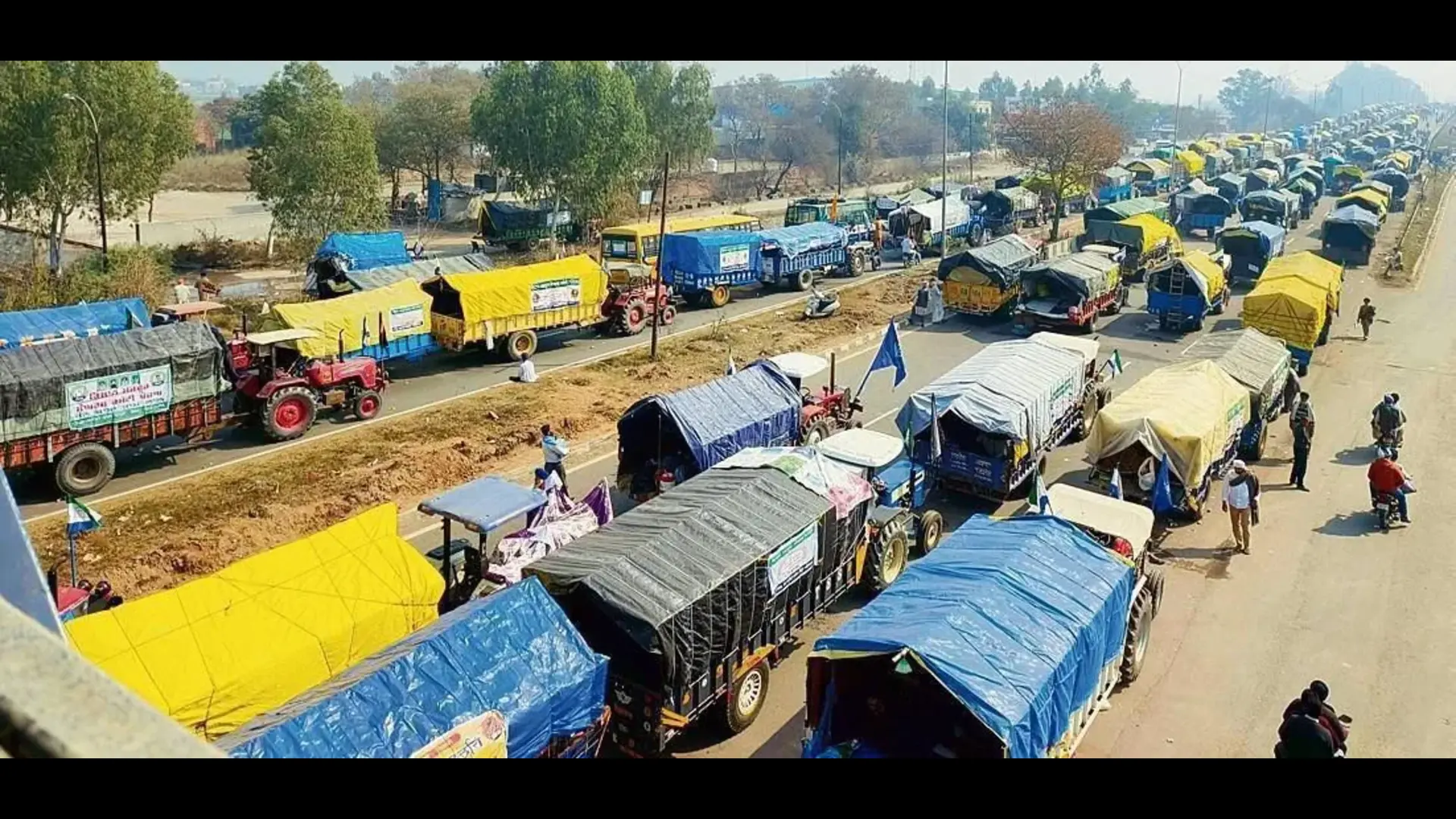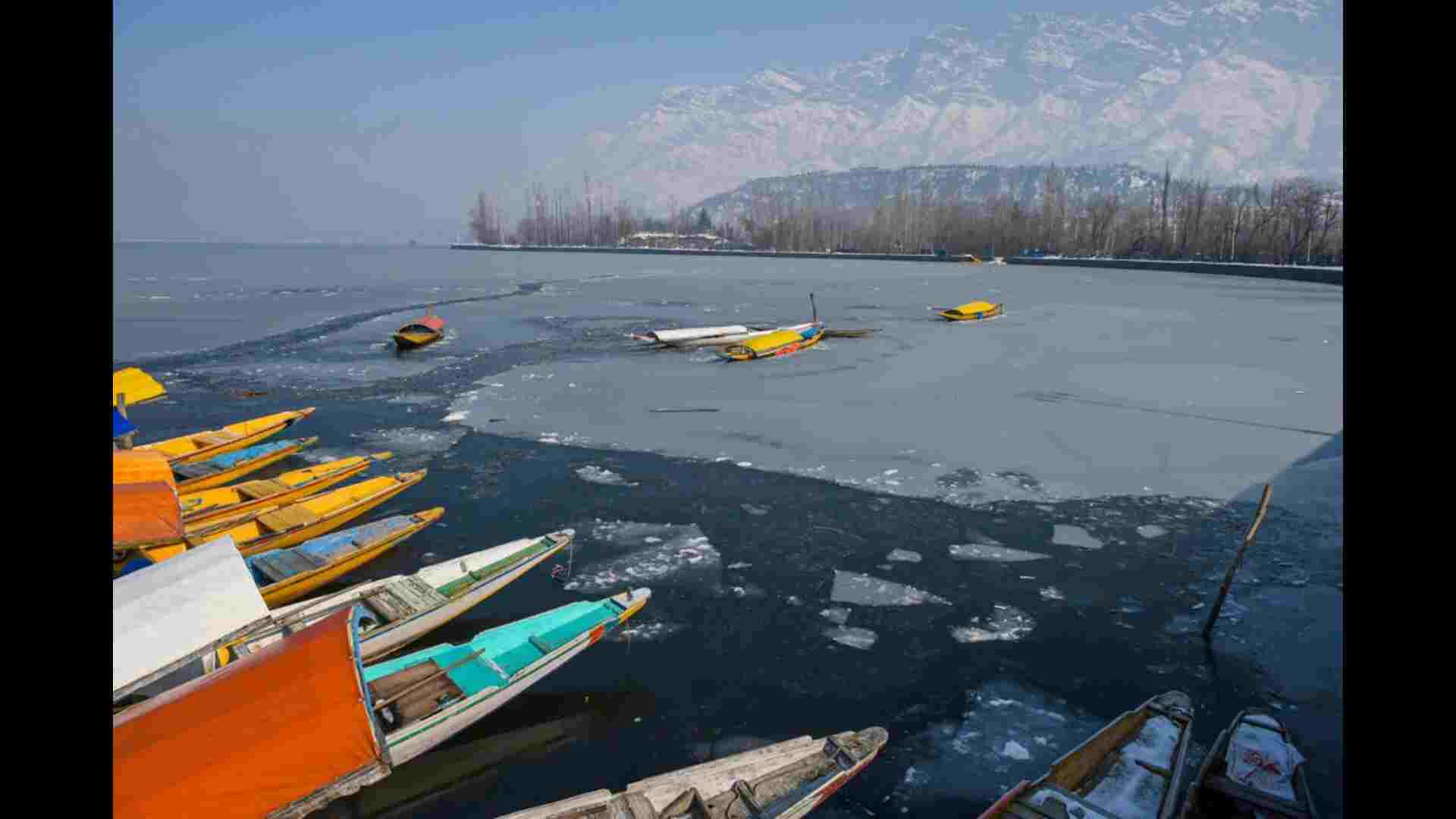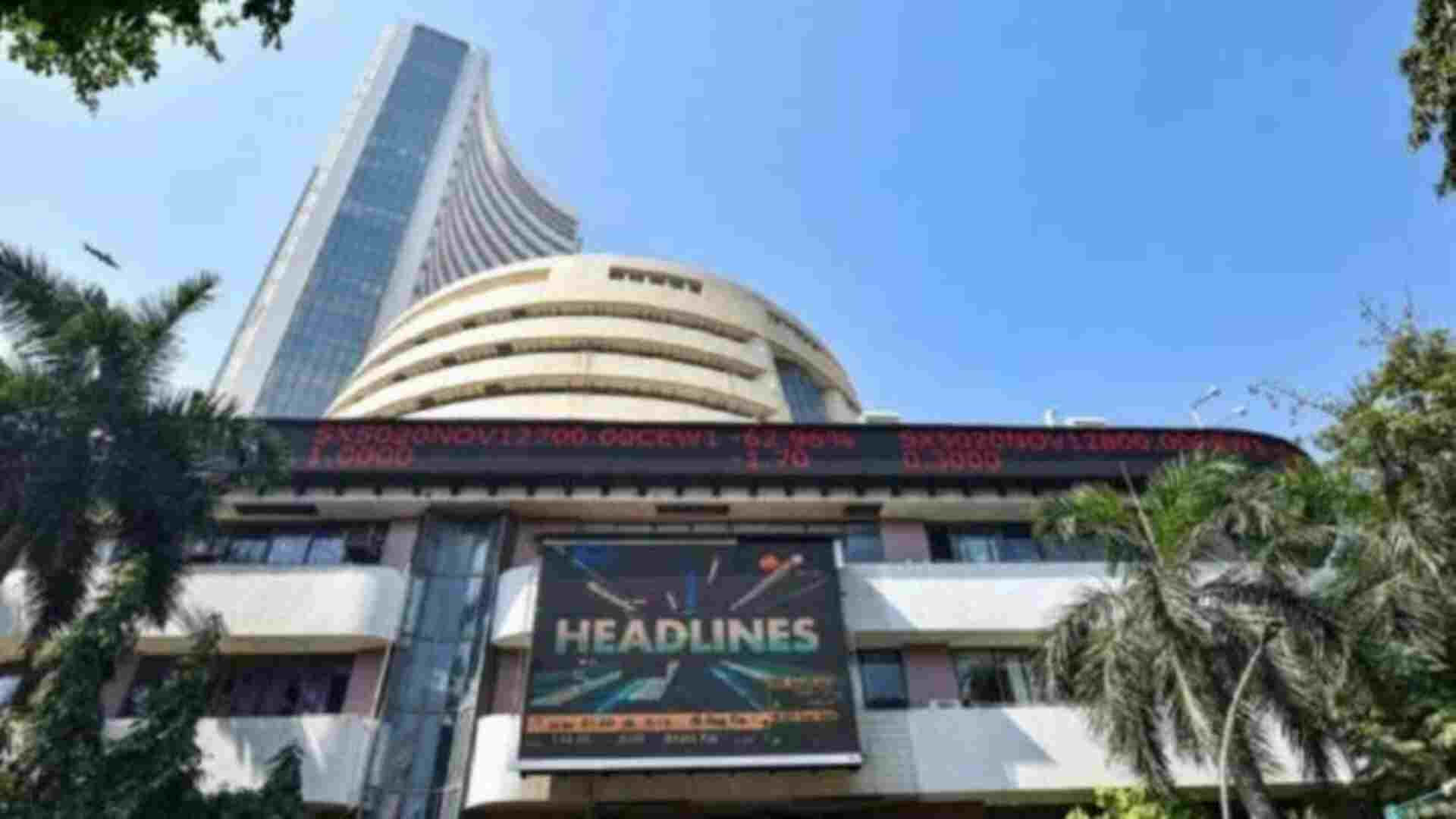Public property worth thousands of crores was damaged in Uttar Pradesh, West Bengal and Delhi by anti-CAA protestors who were clearly funded by PFI, an entity which was allowed to spread its influence during the Congress regime.
The most heartening development of the past six years has been the nature of Indian democracy transforming from being obsessed with pseudo-liberalism, and being controlled by self-styled liberal-fundamentalists to becoming a truly liberal, vibrant and many-sided democracy, conscious of her inheritance and heritage, and alive to the need for evolving as a confident, self-aware and responsible entity on the world stage. The world has noticed this positive change in India and the phenomenon is being discussed regularly where it matters, that is, in policymaking forums, think tanks, and among the circles of opinionmakers and disseminators.
It is only a handful of ideologically-driven, self-styled and self-arrogating elements and entities which continue to sulk at this decisive shift in the Indian mindset and worldview. They grudge the fact that India is finally, under Prime Minister Narendra Modi, becoming herself without having to depend on the ideological directions and hectoring of major powers and conglomerates — both state and non-state. These entities continue to peddle their agenda and narrative of an India bursting at the seams, of a retrograde India working backwards to stifle its own progress as a “liberal democracy”. They have always wanted India to conform to their structures and frameworks, they wish to eradicate India’s civilisational uniqueness, they oppose the need for any cultural self-expression or self-recovery and, of course, they always wish India to remain entangled and enmeshed in challenges of various kinds. In these attempts, they have also not hesitated to elicit the support of foreign elements.
Indira Gandhi’s invoking of the foreign hand was convenient politics but, in India under Modi, the foreign hand/ element is visible and is being convincingly exposed at every step — from the JMB-engineered Khagragarh blasts in West Bengal, which happened as early as 2014, to the Kerala gold smuggling racket, Bangalore violence, the Urban Naxal and ISI connections, the arrest of Al Qaeda operatives from Kerala and West Bengal, and Farooq Abdullah calling for Chinese intervention in Kashmir in 2020. Those who deny the foreign hand in India today, do it wilfully to deflect and divert and are complicit in trying to destabilise India.
This opposition to India’s emergence as a real liberal democracy and to India’s unshackling from the impositions of pseudo-liberalism is insidious. Insidiously, these entities attempt to foment clashes, conflict and strife, and in this, they are supported by an insidious network spanning from the arena of politics to media and academia. These entities have their loyal foot-soldiers active and scheming in these arenas and, with their intricate web of contacts and linkages, can immediately get into action. Politically, this insidious network often finds support from mainstream parties such as the Congress and the communist parties whose political stance and public posturing are driven by how well and how much they can put the Modi regime on the back foot within the country and internationally. This is how the network operates: It creates selective outrage, activates the privileged activist network to drum up noise nationally and internationally, and keeps silent when the reality emerges. It resolutely looks the other way when countered with facts and challenges and cries oppression by PM Modi when its own compradors get exposed and face action in accordance with the laws of the land.
This tendency to selectively outrage is now becoming monotonous. The instances of the last few days once again point to that fact. For instance, when Babulal Vaishnav, priest of the Radhagovind temple in Karauli, Rajasthan, was burnt to death because he opposed powerful land mafias, the liberaldemocrat and communist cartels kept silent because it was a Congress-ruled state and the person concerned was a Hindu priest. Protesting against it would not make for good international propaganda. Rahul Gandhi and Priyanka Gandhi Vadra did not find it convenient to resort to their customary vulture-politics. Similarly, when Manish Shukla, a BJP municipal leader in Kolkata, was gunned down by gangsters with links to the ruling Trinamool Congress last week, these very elements kept silent again or tried to justify the act. TMC Member of Parliament Saugata Ray went to the extent of saying that it was a “stray incident”. No one protested against such an act since it would not make for good propaganda, as West Bengal is not a BJP ruled state.
This same network justifies an element like Gautam Navlakha, who has written and spoken in support of separatism in Kashmir, bandied the Pakistan line on Kashmir in international forums, and has supped with ISI-funded entities like Ghulam Nabi Fai, as a great human rights champion of the oppressed and voiceless! Navlakha, it has emerged, was connected with ISI operatives in the US. Yet, Navlakha, the “Urban Naxal”, who has repeatedly worked to undermine India, who has actually held foreign hands to achieve this object, is passed off as a humanist by communist parties and their ideologues.
When the media is bullied into silence, in West Bengal, for instance, when Rafiqul Islam, a popular journalist and anchor of a widely viewed local television, Arambagh TV, was arrested, harassed, intimidated and his wife and daughters threatened, because he had exposed how the Mamata Banerjee government was distributing state resources to party-affiliated clubs during the pandemic, the ‘liberal-democrats’ maintained radio-silence. A real story on real oppression by a really fascist leader does not make for good propaganda if there is no Modi element in it!
Public property worth thousands of crores was damaged in Uttar Pradesh, West Bengal and Delhi by anti-CAA protestors who were clearly funded by PFI, an entity which was allowed to spread its influence during the Congress regime. These arsonists were also egged on by parties such as the TMC, the Congress, CPI(M) and AAP. In fact, one of the chief planners of the Delhi riots, Tahir Hussein, was an influential AAP councillor and, even then, the liberaldemocratic cartel tried to suppress the truth and pass these off as genuine expressions of anguish. When the truth started surfacing and the Yogi government called for penalising vandals, these self-styled liberal democrats and communists spoke for the vandals and not for the fact that they were vandalising against a non-discriminatory citizenship law which was debated and passed by Parliament.
It augurs well that a number of foreign NGOs and human rights bodies, which functioned for decades in India by circumventing the laws of the land, now face greater scrutiny. These entities pretend to push a “liberal” agenda but in their actual working have been disseminating halftruths, distorted facts and engineered narratives. Some human rights bodies which have been caught red-handed cheating on Indian law have rightly packed their bags. Their foreign funding has not been treated as criminal; it is their circumventing of Indian laws to elicit foreign funding to fund unrest in India which has been exposed as criminal. In the name of dissidence, seditious and anti-India agendas have been peddled by this intricate web of causehunters. In their ranks are also found poets and writers, who betray India since they push narratives inimical to India. The fact that they are being exposed increasingly and countered by those who want India to emerge from the shadows shows that pseudo-liberalism is, at last, being seen as an abnormal mindset and that it will not be long before a truly Indian liberalism becomes the norm.
The writer is Director, Dr Syama Prasad Mookerjee Research Foundation, New Delhi. The views expressed are personal.






